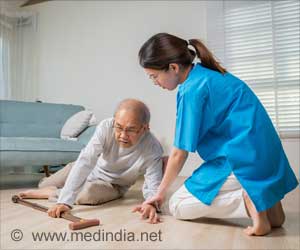The affective sexual education of the adolescents is heavily influenced by the social class, the gender and the ethnic group
The affective sexual education of the adolescents, where it is necessary to take part in order to promote sexual and gender equity and prevent gender violence, is heavily influenced by the social class, the gender and the ethnic group.
This is one of the main conclusions of the investigation Affective sexual policy: a sociological approach to affective sexual education", carried out by the researcher of the department of Sociology of the University of Granada Mar Venegas Medina and supervised by professor Francisco Fernández Palomares.This work proposes a sociological approach to the affective sexual dimension of the adolescent population, working with a group of 42 girls and boys aged between 15 and 18 years old, of two class-groups of two schools (one of the Northern Area and other of the Genil District) of the city Granada. They worked on two courses (one for each school) on affective sexual education, made up by 10 sessions during the tutorship hours, dealing with different central subjects on affective sexual education beyond mere STD prevention and adolescent pregnancies, this is, subjects relating to gender, sexuality, affectivity and the body.
After the class sessions, they carried out an in-depth semi-structured questionnaire to all the adolescents who had worked on the courses. The questionnaire collects a lot of information "about the experiences of the young with regard to gender, sexuality, affectivity and the body in the neighbourhood, the family, the school, the group of friends and the couple".
Social changes
The last objective of this research work "has been to recognise the process of formation of the individual, to get to know the discourses he is subjected to, as well as the practices he is subjected to, in order to be aware of the reproduction and social change processes with regard to those four areas included in the affective sexual education/policy."
The main conclusion of this investigation from the great amount of information analysed "confirms the urgency of working on affective sexual education in the formal curriculum to promote, from formal education, sexual and gender equality, as the adolescents' collective imaginary is very far from these democratic and civic values".
This work has contributed to "turn affective sexual education/policy into an object of study for its own right within social sciences, especially sociology, in which it has been historically absent in Spain".
Part of the results of this research work has been published in the International Journal of Learning, Revista de Educación and The International Journal of Interdisciplinary Social Sciences. Both the doctor and the director of this thesis belong to the research work SEPISE (Seminar of Studies for Social and Educational Intervention), coordinated by the professor of the University of Granada Enrique E. Raya Lozano.
Source-Eurekalert
RAS











